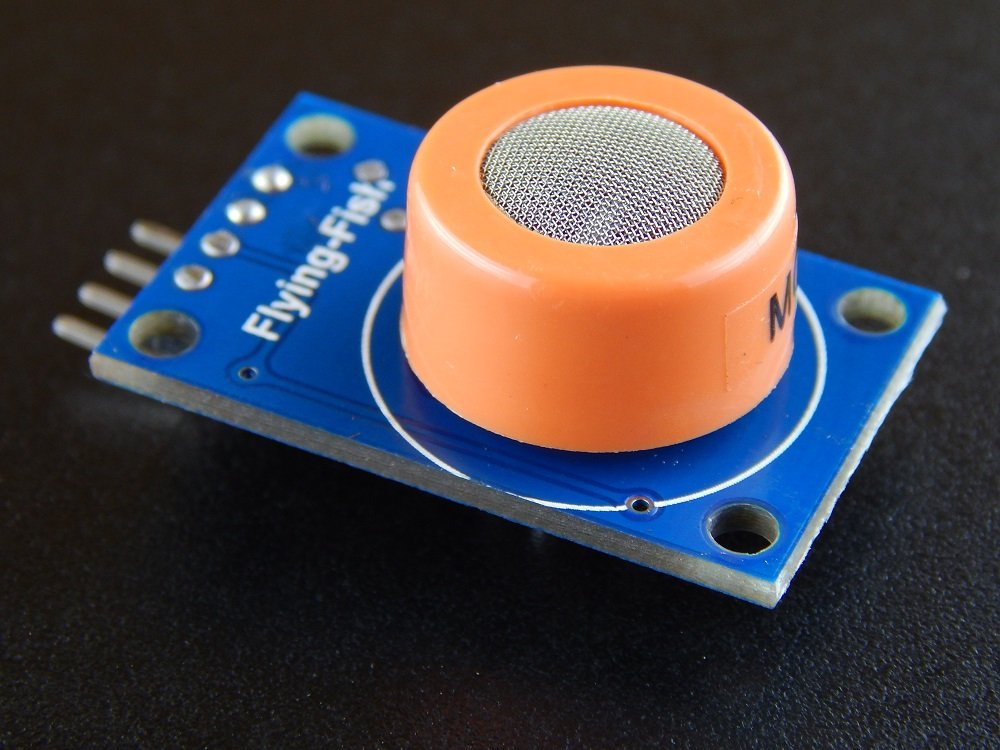Alcohol Biosensor India

India’s battle against alcohol abuse continues to evolve as new technologies step in to aid monitoring, prevention, and rehabilitation. Among these innovations, smart biosensors have emerged as a promising tool for real-time alcohol detection. These compact, wearable, and sometimes implantable devices are designed to track alcohol consumption through sweat, breath, blood, or interstitial fluid. In the context of rehabilitation and law enforcement, the rise of alcohol biosensor India research and adoption holds immense potential. Leading recovery centres like Prayasrehab, recognized as one of the best rehab centres in India, are already exploring these tools to enhance treatment effectiveness and reduce relapse.
What Are Alcohol Biosensors?
Alcohol biosensors are analytical devices that detect ethanol levels in the body by converting chemical signals into measurable electrical outputs. These devices come in several forms:
-
Wearables (wristbands, patches, smartwatches)
-
Breath analyzers integrated with smartphones
-
Skin-interfaced biosensors measuring alcohol through sweat
-
Implantable micro-devices used in research settings
With the push for digital health innovation, the development of alcohol biosensor India technology is gaining momentum in both clinical and public health sectors.
Why India Needs Alcohol Biosensors
India is home to over 160 million alcohol users, as reported by the Ministry of Social Justice and Empowerment’s National Survey (2019). Around 5.7 crore Indians are dependent on alcohol, yet only a small fraction receive any formal treatment.
Challenges include:
-
Underreporting and concealment of drinking behavior
-
Difficulty in monitoring outpatient recovery
-
Law enforcement gaps in DUI detection
-
Lack of personalized feedback in rehabilitation
Introducing alcohol biosensor India systems can transform this scenario by providing real-time, objective data that supports both treatment professionals and policymakers.
To read the official national report, visit the National Survey on Extent and Pattern of Substance Use in India.
Types of Alcohol Biosensors Being Explored in India
India’s innovation space is starting to see investment in biosensor technologies, particularly for medical and forensic use. Some types being explored include:
-
Sweat-Based Biosensors: Devices like BACtrack Skyn detect ethanol through sweat pores and are under pilot testing for Indian clinical contexts.
-
Breath Analyzers: Advanced versions integrated with mobile apps are being developed by IITs and tech startups.
-
Microfluidic Patches: Experimental patches that use tiny sensors to read interstitial ethanol levels in the skin.
-
Smartphone-Linked Devices: Plug-and-play breath sensors that sync with apps to provide alerts or store historical drinking patterns.
While many of these are still under research or limited trials, they hold promise for scalable alcohol biosensor India deployment.
Applications in Rehabilitation and Recovery
One of the most exciting uses of alcohol biosensor India technology is in the rehab sector. Centers like Prayasrehab are exploring the integration of biosensors into outpatient recovery programs.
Here’s how it helps:
-
Accountability: Patients receive real-time feedback if their BAC (blood alcohol content) crosses safe limits.
-
Therapist monitoring: Rehab professionals can receive alerts in case of relapse or high-risk drinking.
-
Custom feedback loops: Data can inform personalized behavioral interventions.
-
Aftercare efficiency: Long-term tracking helps reduce post-rehab relapse.
These tools empower individuals to remain sober through self-awareness and data-driven coaching.
Role in Law Enforcement and Public Safety
The alcohol biosensor India approach also offers benefits for law enforcement:
-
Continuous BAC monitoring for DUI offenders on probation
-
Use in workplace alcohol policy enforcement in industries like aviation, transport, or heavy machinery
-
Mobile breathalyzer integration for traffic police
-
Event-based testing at festivals, public gatherings, or sports events
By incorporating biosensors into public safety strategies, authorities can shift from reactive to preventive alcohol management.
For examples of global integration, explore NIH-supported biosensor development.
Challenges to Implementation in India
Despite the promise, alcohol biosensor India integration is not without obstacles:
-
Affordability: Advanced biosensors can be expensive for widespread use in rural or lower-income populations.
-
Data privacy concerns: Monitoring alcohol levels continuously raises ethical and legal concerns.
-
Regulatory hurdles: India lacks a clear approval pathway for wearable medical biosensors.
-
Cultural acceptance: Wearing alcohol monitors may be stigmatized in conservative settings.
However, with growing public awareness about the harms of alcohol abuse, these barriers may be reduced over time.
The Future of Biosensors in Indian Addiction Treatment
The push toward digital and remote health tools is accelerating. Startups and academic institutions are beginning to test prototypes specifically for the Indian context. Moreover, with the rise of telehealth and hybrid rehab models, biosensors can play a key role in improving outcomes by providing measurable insights into recovery.
Expect the future of alcohol biosensor India to include:
-
AI-enhanced data analytics predicting relapse risk
-
Integration with mobile mental health apps
-
Smart wearables with multi-substance detection (e.g., alcohol + nicotine)
-
Government-backed pilot programs to support rehabilitation tracking
These developments can significantly enhance India’s ability to combat alcohol dependency with precision and empathy.
Conclusion
As India battles rising alcohol abuse, innovation in biosensor technology offers a promising path forward. The growing interest in alcohol biosensor India not only reflects scientific progress but also a shift in how addiction recovery is understood—more data-driven, proactive, and patient-centric. Leading centers like Prayasrehab are showing how biosensors can be responsibly integrated into treatment frameworks, supporting sustainable sobriety and accountability. As technology and healthcare merge, smart biosensors could become an essential tool in India’s fight against alcohol addiction.